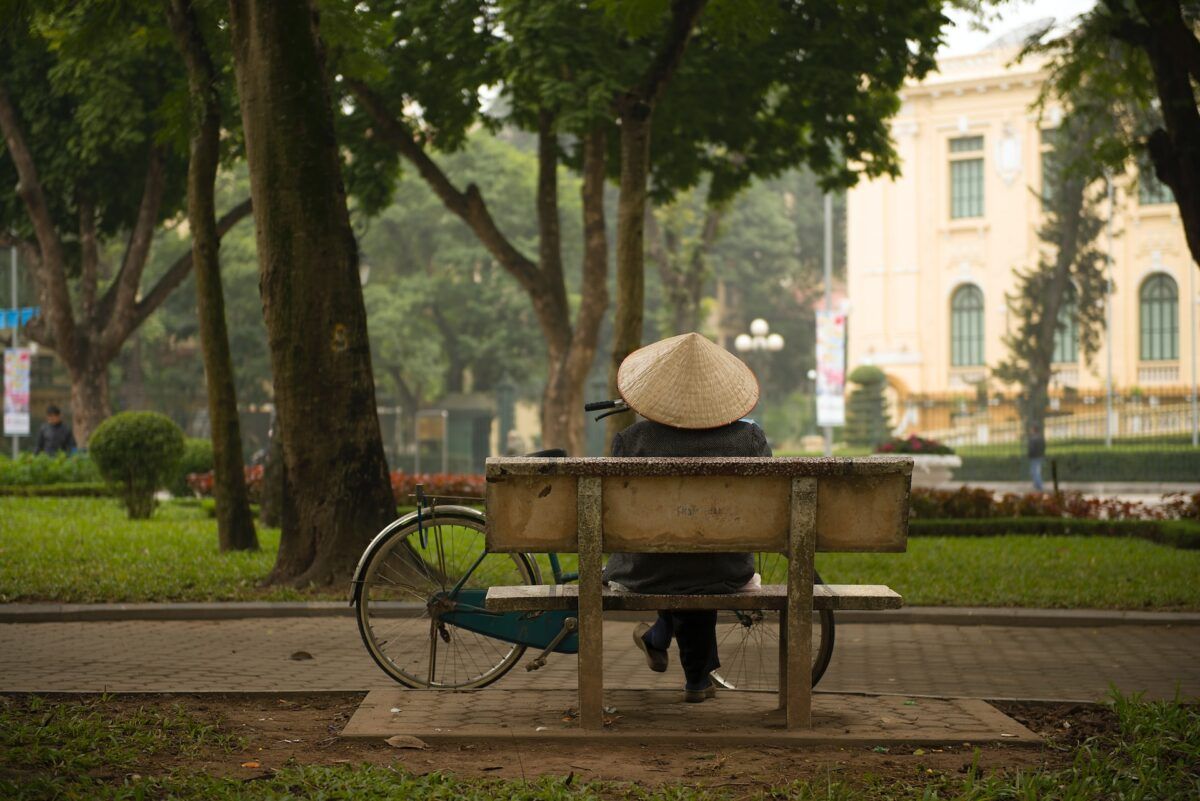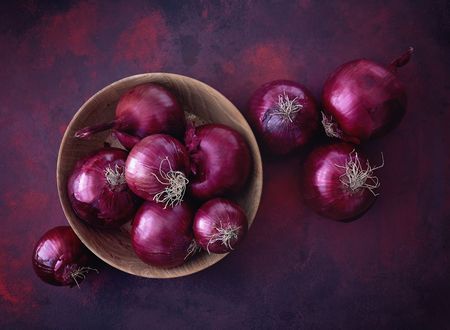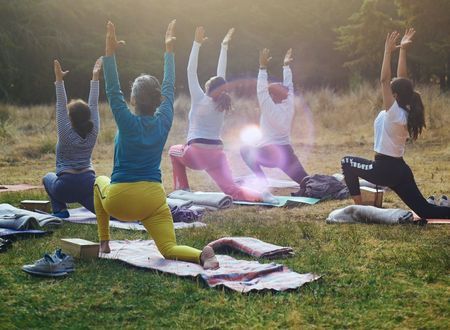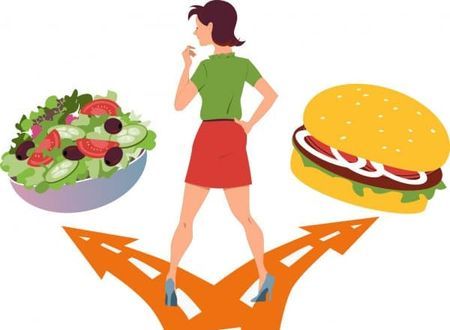Life is not theoretical. In each moment, it is a real lived experience. Everyone strives for the ideal—being happy throughout life—only a few manage to make it a reality. Every step of the way, lasting happiness seems just out of reach. It lies ahead of us as a dream or behind us as a memory, just as when we walk, one foot is always in the front or behind. But the moment life and happiness intersect, the chase is over, we are satisfied, fulfilled, and ambition-free, and we notice that little things bring us great joy. However momentary, when we are joyful, we tend to forget the past and the future, much like children who don’t concern themselves with what tomorrow may bring. They pour all their energies into today and extract maximum value each day.
Turning happiness from a theoretical construct into a live experience every waking moment requires work, not necessarily in the traditional sense of earning a living, but for unwinding the tightly bound spool of desire. We build or destroy the bridge to happiness. It depends on whether we desire to be something other than what we are now.
Our senses are like straws through which we ‘drink’ what we desire as experiences from the objective world. Sometimes it is as easy as drinking water. Sometimes it is as tricky as trying to suck honey through a narrow straw; when we taste the sweetness of honey, we are tired, and the enjoyment becomes secondary. Similarly, we pluck thoughts from the past or related to the future. Using our imagination, we recreate experiences in the mind that generates happiness. Since these are not actual present experiences, we remain unsatisfied and go after the next thing. And the cycle repeats.
When we are happy at this moment, it is like wearing a pair of shoes with rugged and cushioned soles. Whether the terrain is rough or smooth, walking becomes comfortable. Life’s unpredictable terrain may drench us with sorrow until we become cold with despair, turn the mind’s energy into poison through anger and jealousy, or enslave us to the mind’s insatiable appetite for pleasurable experiences.
Life may also flood us with happiness, but that flood will have to recede. When we introspect, we may find that the two sources of joy we rely on are the mind and the external world. However, the moment we touch happiness through the mind or the outer world, it diminishes.
If we generate happiness from a seed that we carry—the ability to experience satisfaction—regardless of what life brings, we remain unaffected. When the seed of satisfaction sprouts, the harvest of happiness is not far away. Whatever extra joy we gain from the world becomes a bonus, and whatever sorrow we encounter will quickly be neutralized. Satisfaction decreases reliance on our traditional conduits to happiness—the mind and the external world. If we are genuinely satisfied with what we have, we will find creative ways to make the most out of what we have.
There is only so much we can hold in our minds as thoughts at any given moment. The surface area of our hands is only one percent in relation to our body. Similarly, our minds are like our hands. A child playing at a beach, taking little fistfuls of wet sand to build a sandcastle, can derive immense joy from that activity for hours. But even if all the wealth and resources pour into an adult’s hands, it does not stop the mind’s craving for more. Which set of hands do we want our minds to represent? The answer depends on the balance between desire and satisfaction.
Desire makes us crave what was once ours, the past, and what may never be ours, which is the future. But desire cannot enter the sliver of space between the thoughts and the senses, the present moment. It is where satisfaction lives and waters the roots of the permanent tree of happiness.
Tipping the balance towards satisfaction and away from desire is in our hands. Desires are like a bundle of cloth, and satisfaction is like the air we breathe. We carry desires in our minds and air in our lungs. We never feel the weight of the lungs, but we can feel the weight of the mind. If we are given a heavy bundle of cloth, we may be able to carry it for a few steps, but we will have to drop it sooner or later, assuming there is no one to help us with the load. Once we drop that bundle, we can choose to stay by it or walk away. It is easy to leave them behind if they are old torn clothes. But if the clothing is new and expensive, it is a difficult decision. Similarly, no one can help us carry our desires for us. If we decide that our desires are “old and torn,” we can quickly drop them and move on. But if we consider them “new and valuable,” we won’t be able to let them go.
Satisfaction, on the other hand, is weightless, like air. Just like we don’t have to carry the air we breathe in cylinders unless we are climbing to climb Mt. Everest, we don’t have to carry satisfaction. Wherever we go, whatever we do, whether we have excess or a lack of something, we can quickly call upon the feeling of satisfaction. It is the salve for the raw wounds left behind by desire. Being satisfied and being happy are synonymous. Satisfaction is the key to being happy all the time.









Comments & Discussion
3 COMMENTS
Please login to read members' comments and participate in the discussion.